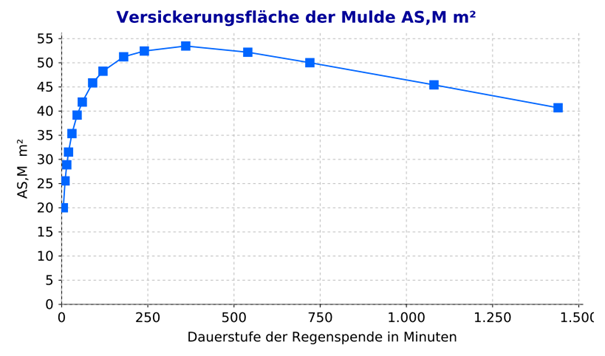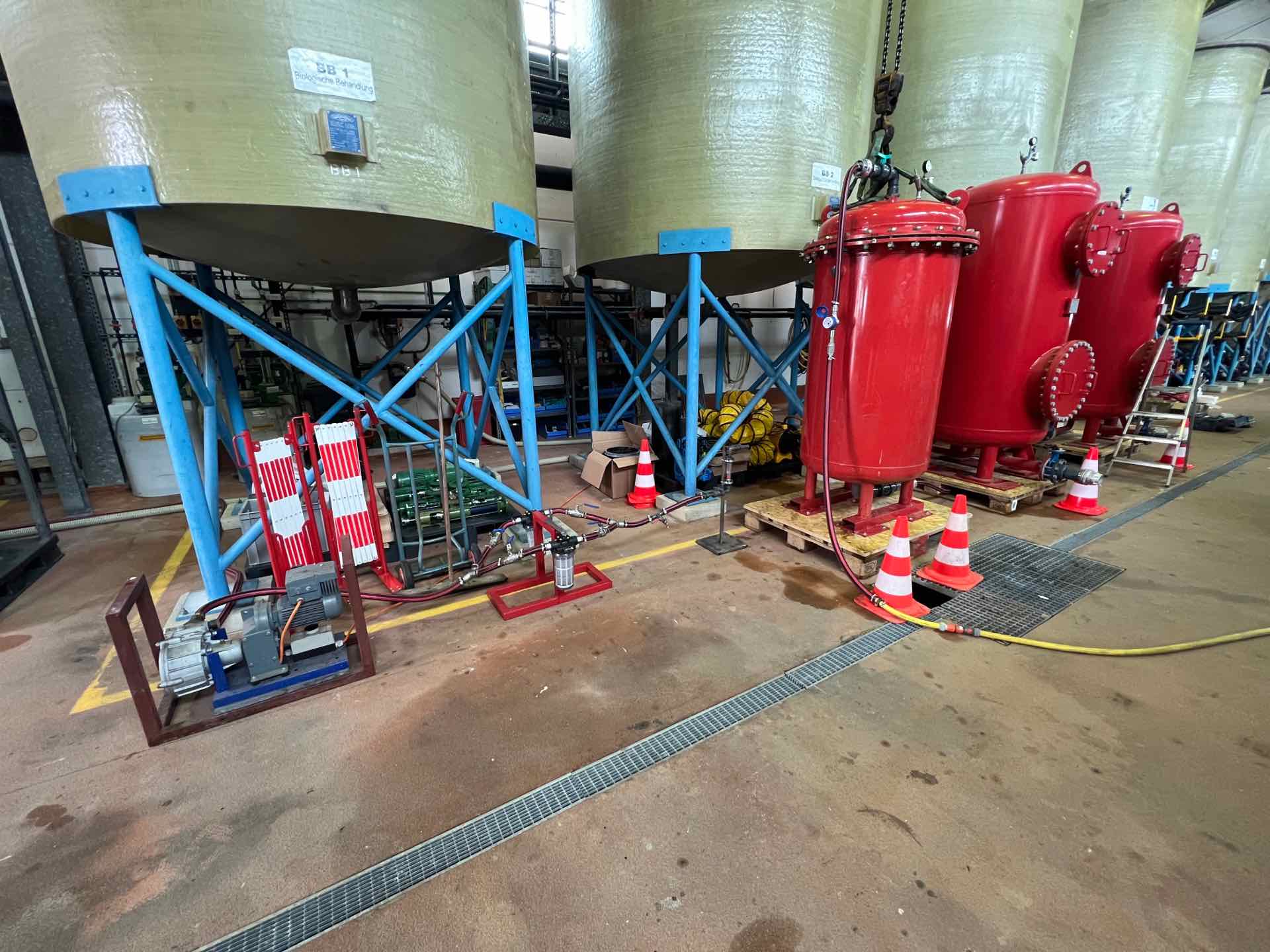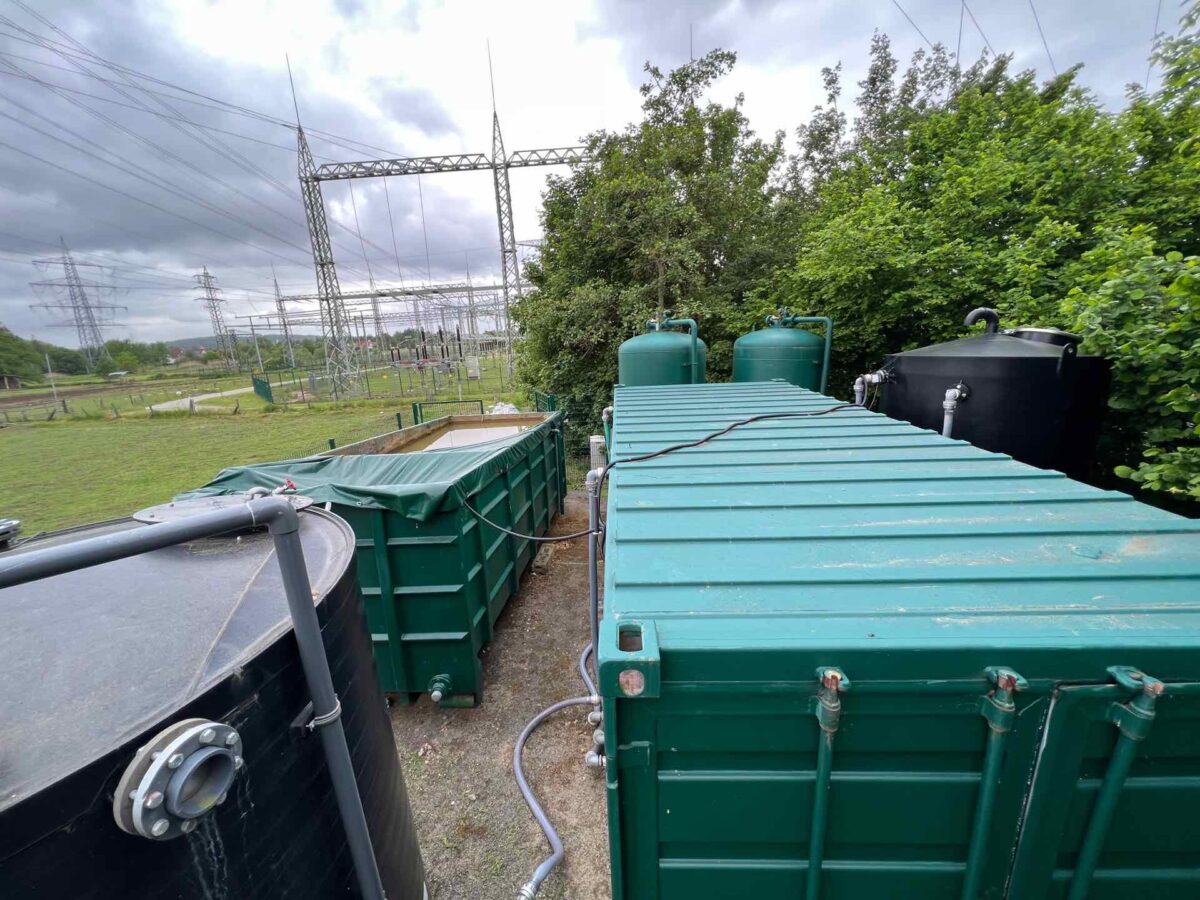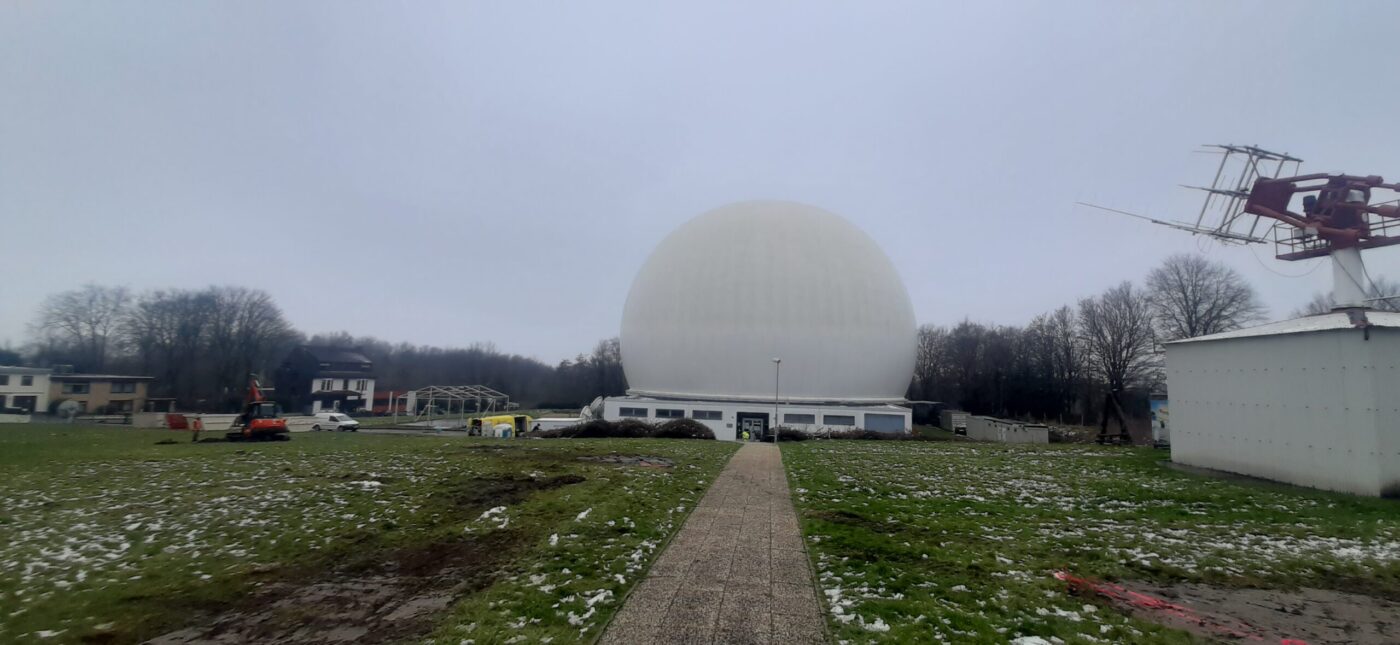The federal and state governments are pursuing a joint strategy aimed at protecting and rewetting peatlands to reduce greenhouse gas emissions.
The decomposition of peatland soils as a result of drainage measures and peat utilisation is a significant source of greenhouse gas emissions worldwide. In Germany in 2019, around 6.7 % of greenhouse gas emissions (around 53 million tonnes of CO2-equivalents) from the decomposition of drained peat soils.
While the cultivation of peatlands used to be necessary for the cultivation of food and animal feed, it is now recognised that the massive drainage and intensive agricultural use of peatlands is at odds with climate and environmental protection goals. In addition, this type of utilisation is only possible for a limited period of time due to the decomposition of the moors that occurs in the process.
Protecting peatlands is an essential and cost-effective way of achieving national and international climate targets.
In addition to the goal of reducing greenhouse gas emissions by up to 5 million tonnes of CO2-equivalents by 2030, the strategies for protecting peatlands also lead to the preservation of biodiversity. Furthermore, peatland protection has a positive impact on the climate, the water balance and water quality.
The agreement's conservation measures include the preservation of peatland soils that are still or once again intact, the raising of water levels as partial rewetting to reduce peat depletion or complete rewetting to preserve the peat, and the adaptation or reorganisation of land use with the aim of reducing greenhouse gases from these areas. Ideally, the formation of new peat mosses should reduce CO2 are bound instead of being released as before.
Within the "Environment" division, the Mull & Partner Group also operates the "Nature and Species Conservation" field of activity and creates suitable environmental protection concepts for you.







